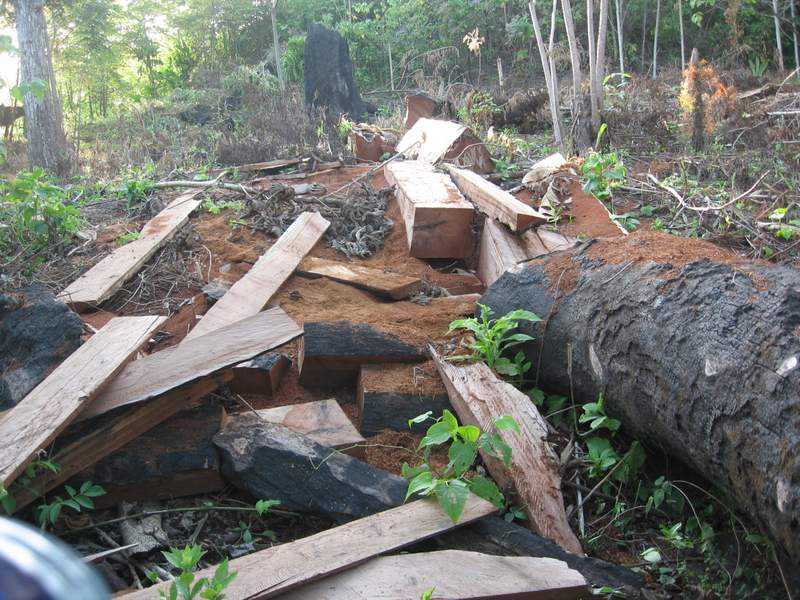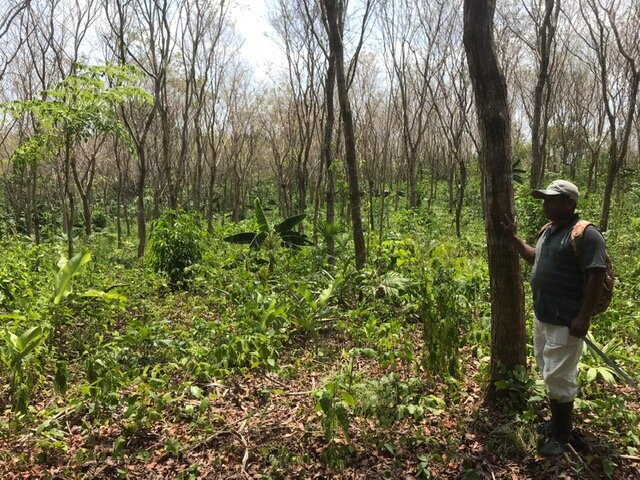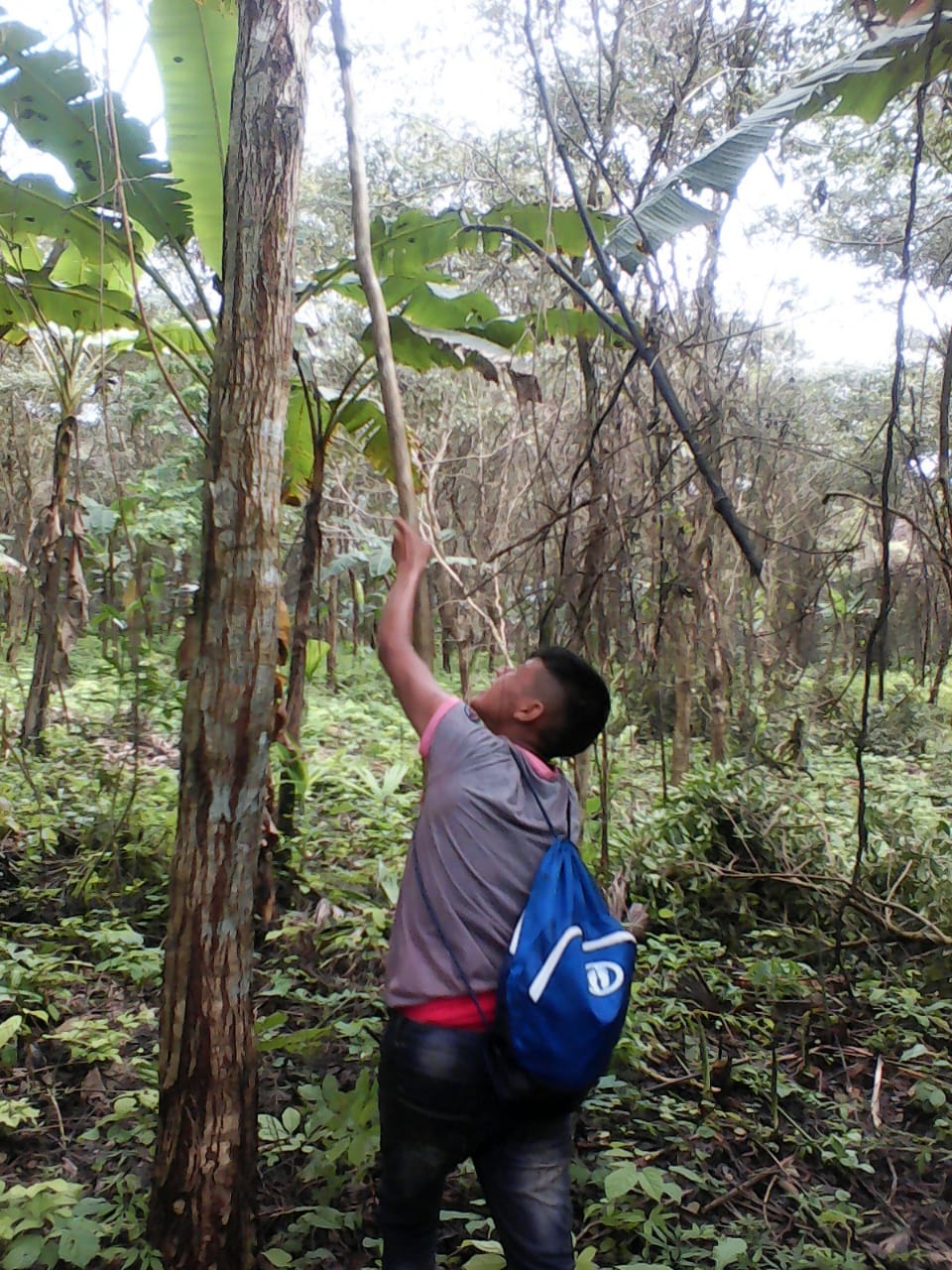ANAM Steps Up to the Deforestation Challenge
/Logging of an espave tree in the Darien province
We were heartened to recently read that under the new leader of the Ministry of Environment (ANAM), there will be an intensive new effort to control illegal logging in the Darien this dry season. The plan was announced last week.
During the last years of the Martinelli (previous) administration, there were a significant number of conflicts, and some deaths, in the Darien/East Panama region related to logging. ANAM as an institution saw its minimal resources cut further, which made it virtually impossible for them to regulate the logging in the region.
With the new plan, the ANAM regional team is being reinforced with 30 staffers from other regions. They will be stationed at the various checkpoints in the eastern side of Panama, helping to verify that wood leaving the region is legal and certified to be transported. The checkpoints will run 24-hours.
According to ANAM, they did significant public outreach to the logging community to consult with them about the new plan, while also educating them about the actual regulations. While the status quo was probably preferable to many of the loggers, this new enforcement will hopefully crimp the illegal cutting and extraction of timber in Darien, a province considered a biodiversity hotspot by Conservation International.
We spoke with the director of ANAM for the region and he mentioned that probably more than 50% of the timber harvested in years past was done illegally. That was not only bad for the forests in Darien, but bad for ANAM itself because of the lost revenues. Their goal now is to reduce the amount of illegal logging to 25% of the timber harvested. We wish them luck.








